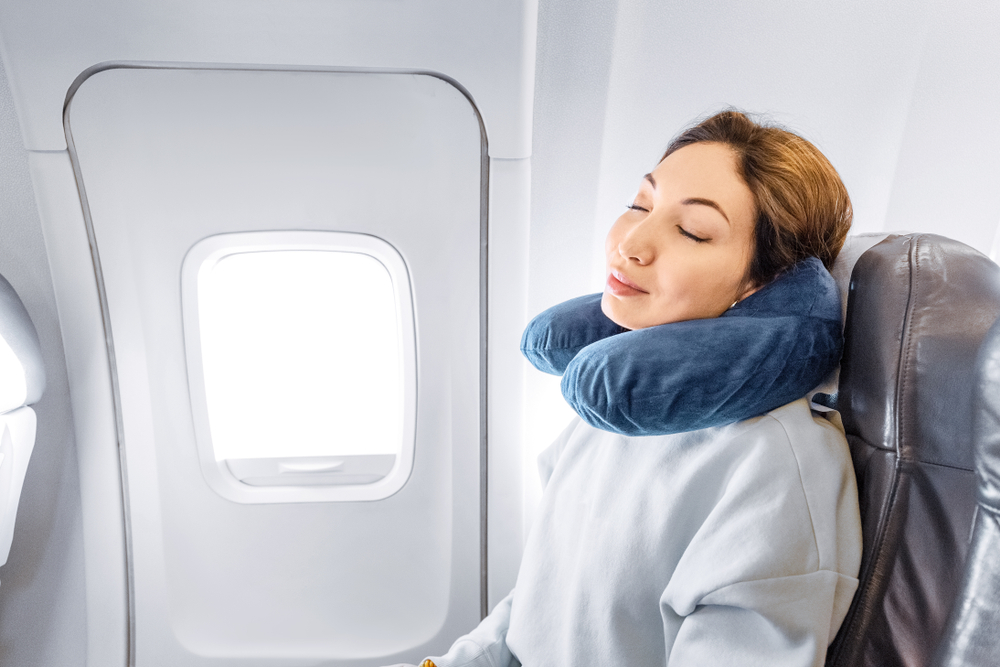Desynchronosis is a psychological condition known by many names such as time zone change syndrome or jet lag. This usually occurs when people’s time zones suddenly shift or are abruptly changed. Desynchronosis results from the disturbance of one’s circadian rhythms, or commonly known as the body clock.
The disruption happens within our Suprachiasmatic Nucleus (SCN), which is located below our hypothalamus. There are two groups of neurons that become out of sync during desynchronosis. First, the group of neurons that are disturbed when experiencing time zone change syndrome are those associated with deep sleep and the effects of physical fatigue. And second is the group of neurons that controls our dream state during rapid eye movement (REM) sleep takes much time to adjust to the new time zone.
The reason why our body clock does not work well is due to external environmental factors that cause changes to our internal time-keeping system, thus resulting in Desynchronosis. Also, hormone regulation can help get our body clock back on sync after adjusting to external environmental factors.
It was then discovered and proven that a person has a higher chance of experiencing desynchronosis when traveling eastward than westward. Due to the less travel time, our bodies could recover because eastward reduces the time we have, whereas westward adds hours to our days.
Desynchronosis also happens with the difference in seasons, in addition to traveling across numerous time zones. Being used to the day and night cycles from the place where we are from and where we are going to can cause our body clocks to get out of sync.
This condition happens due to the rapid changes in time zones a person undergoes in a short period. One might experience feeling drowsy, tired, irritable, lazy, and slightly disoriented. These symptoms may vary on a person because it all depends on how fast or slow their body clocks to get back into sync. As such, older people usually experience this condition severely than the young, and they recover slower.
Our body clock inhibits the 24-hour cycles that our body processes daily, such as the biochemical, physiological, and behavioral. This lets us properly execute our daily activities like sleeping, waking, eating, and body temperature regulation. But once you have experienced desynchronosis, it’ll affect your daily patterns of sleeping, waking, and eating and working.
The World Health Organization discovered symptoms of desynchronosis that could worsen based on the person’s intake during or before the flight and their environment. Drinking alcohol or caffeine during or before the flight worsens the symptoms because it can lead to dehydration or the need to urinate, thus disturbing or lowering your sleep quality frequently. Also, after drinking alcohol, it leads to a hangover, which can worsen the effects of desynchronosis and travel fatigue.
It is best only to drink water during the flight and as much as possible, have a comfortable position to avoid desynchronosis.


